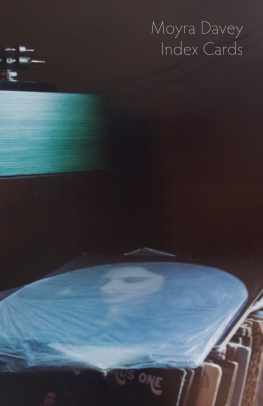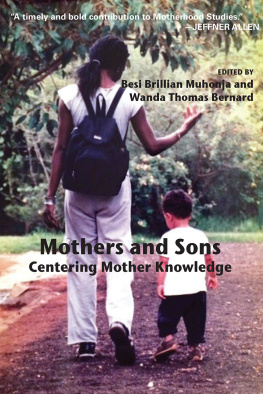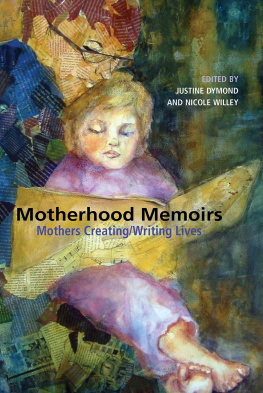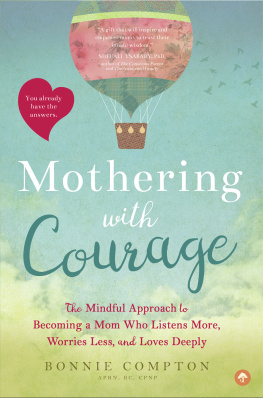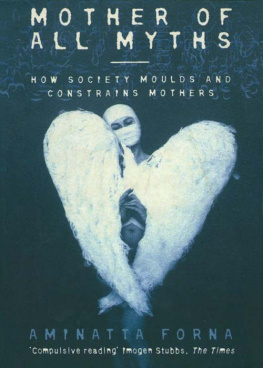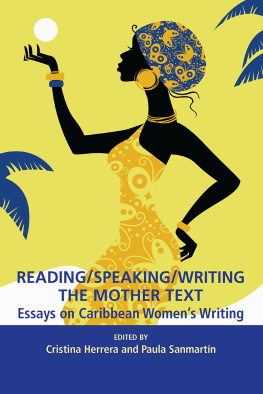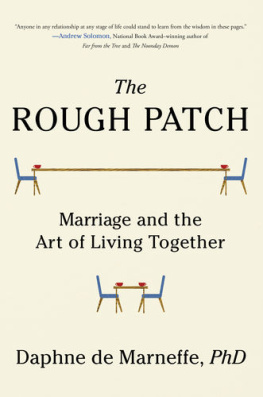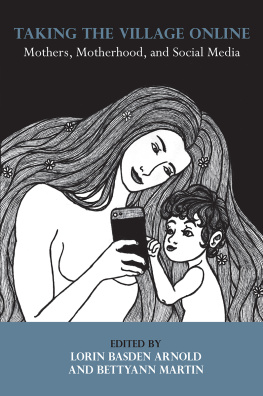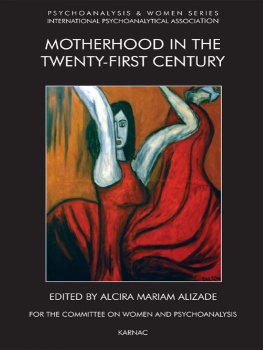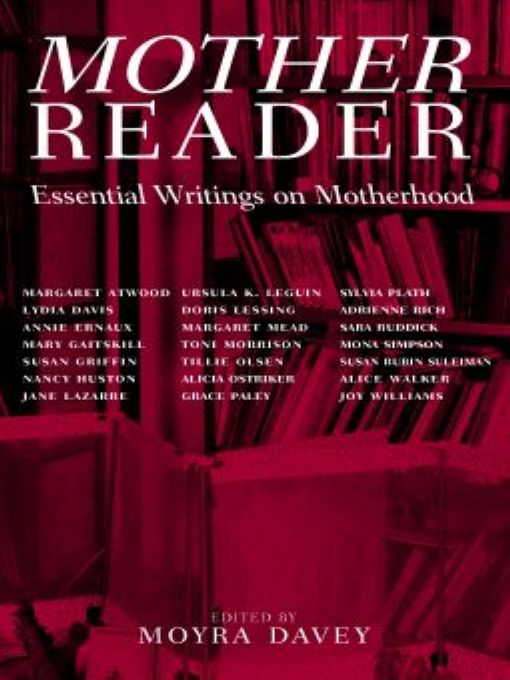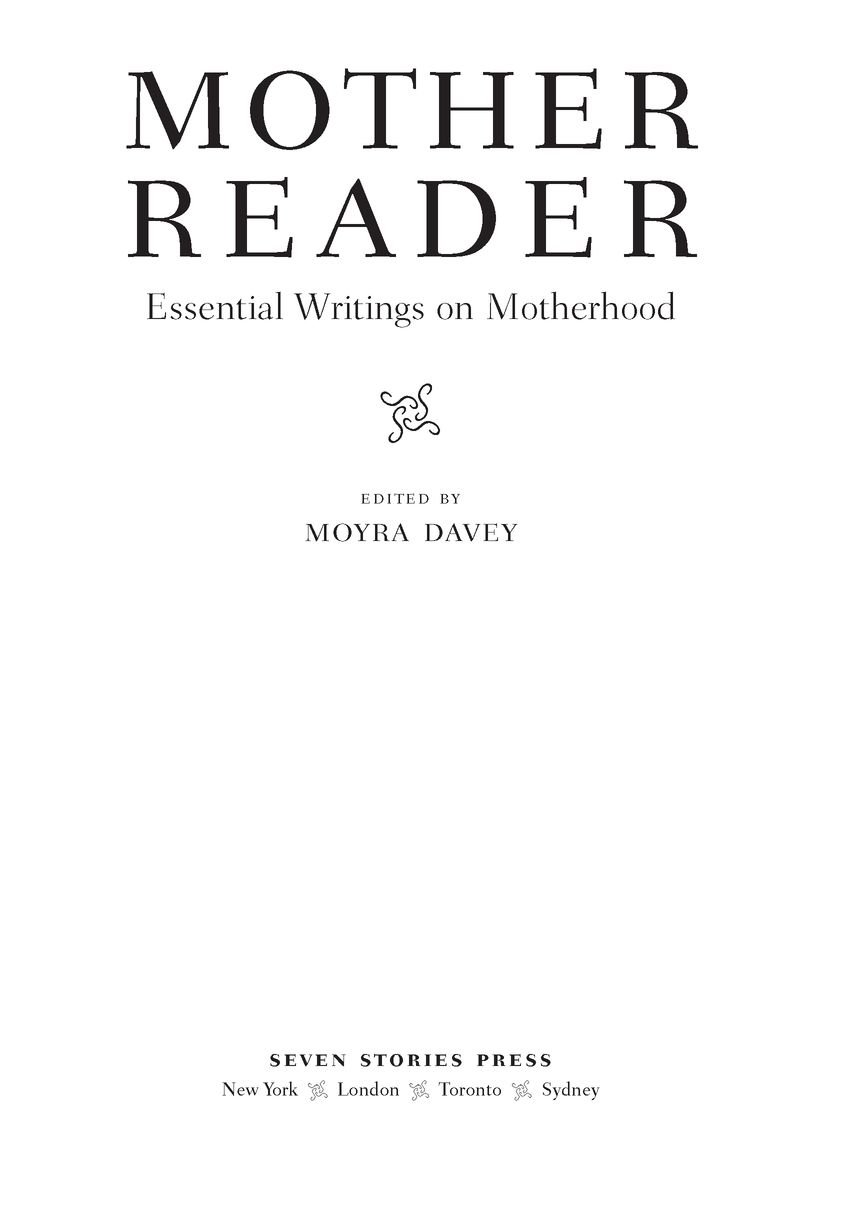Table of Contents
IN MEMORY OF
Susan Kealey
ACKNOWLEDGMENTS
GRATEFUL THANKS:
To Barbara Seaman, who gave the idea for this book and whose own work is an inspiration to me. And to Dan Simon for his early commitment to Mother Reader and his faith in my ability to edit it. Together Barbara and Dan started me off on what quickly became one of the most rewarding creative projects of my life.
To all the writers and their agents for generously giving permission to include their works.
To Alison Strayer, who has been sharing her books with me for twenty-seven years and whose contribution to this one is inestimable.
To everyone at Seven Seven Stories Press for their help and encouragement, especially to Michael Manekin who secured the rights; to Jill Schoolman and Tania Ketenjian for their invaluable editorial support; and to Astella Saw for her graciousness and production expertise. To Stewart Cauley for his stunning book design.
To John Atwood, Gregg Bordowitz, Marisa Bowe, Jane Davey, Steve Fagin, Andrea Fraser, Susanne de Lotbinire-Harwood, Bill Horrigan, Miwon Kwon, Sowon Kwon, Helen Molesworth, Jennifer Montgomery, Claire Pentecost, Adriana Scopino, Martha Townsend, Lisa Wyndels, Lynne Zeavin, and many other friends who contributed to making this book a better one.
To Ann Charney, Mary Gaitskill, Jane Lazarre, and Lynda Schor for sharing their ideas and recommendations.
To Josephine and Morris Simon for their kindness and ongoing support.
To Patricia Davey, who, without fail, gives love and support.
To Jason Simon, for his immediate, infectious, and lasting excitement about this project, and for believing that I could do it long before I thought it possible.
To the irrepressible Barney Simon-Davey, for being himself.
MOYRA DAVEY
Introduction
I LOVE TO READ, but the pleasure has always been mitigated by the uneasy sense that I should be doing something else, something more unambiguously productive. I am a photographer who found reading hard to justify. A rare moment in my life when I was free of this doubt was during the final months of my pregnancy, when, secure in the knowledge that my body was at work, I could lose myself to books with impunity.
I had a first baby at age thirty-eightan infant with colic who did not sleep at night. Unprepared for the rigors of even a good baby, I found myself in crisis. It was during this period that I read many of the pieces collected in Mother Reader. I read to break the isolation, for inspiration to keep going and to do better, for the gratification of seeing my own experience so vividly mirrored, and, without a doubt, for the unsurpassed enjoyment of extraordinary literature. I would strategically stash books to read while breastfeedingpaperbacks I could hold in one hand, as well as photocopied pages sent by a sympathetic friend. These books and copies were a lifeline.
In light of these feelings, one of the great pleasures and privileges of assembling Mother Reader has been the permission to read, knowing that the end of the process would result in a book. The reading sustained me through the infant years, the research deepened my knowledge of a legacy of incomparable women writers, and the editing became a creative project that intersected more readily than did my photography with motherhood.
My aim for Mother Reader has been to bring together examples of the best writing on motherhood of the last sixty years, writing that tells firsthand of the mothers experience. Central to a list of texts I had been compiling and sharing was Jane Lazarres The Mother Knot, the book that first articulated and authenticated for me the feeling of ambivalence and the struggles of women writers with children. The Mother Knot and writings by Adrienne Rich, Tillie Olsen, Alice Walker, Doris Lessing, and Susan Rubin Suleiman became the touchstones for Mother Reader, each defining the various genres encompassed by the book: memoir, fiction and literary essays told in the mothers voice.
Over and over it has been said that there is a dearth of such literature because mothers do not have the time to record their experience. In her essay Feminism and Motherhood, Susan Griffin compares her note-taking on motherhood to a Resistance fighters journal, where there is time only for brief illuminations which we must record between interruptions. More common than first-person accounts of maternal subjectivity is, in Jane Lazarres words, writing about mothers from the points of view of the children [who] have given us only half the story. And in poetry and fiction the maternal I is no less a rarity. It is because of this scarcity of the mothers voice that each of the pieces in Mother Reader feels so urgent and revelatory, like dispatches from uncharted territory.
The rhetorical question of whether the mother even has a voice is raised by Susan Rubin Suleiman in her essay Writing and Motherhood. Mothers dont write, they are written, writes Suleiman, quoting the psychoanalyst Helene Deutsch. This Freudian idea, that the writer or artist always speaks from her position as child rather than mother, is probed and analyzed in Suleimans remarkable text.
Similarly, the intersection of authorship and motherhood is examined by Nancy Huston in her essay Novels and Navels. In it she speculates on whether mothering and novel writing are not in fact incompatible. Whereas mothers must cultivate optimism, a novelist, to be any good, must forgo moralizing, be able to accept meaninglessness; describe horror; comprehend betrayal and loss. Hustons findings, by way of intricate literary analysis, are dazzling in their interpretive complexity, and revealing for their starkness and lack of sentimentality.
Some of these same issues around the authenticity of the mothers voice and the concurrence of roles are relevant to Mary Kellys investigations in Post-Partum Document. Post-Partum Document is an extended, layered artwork and book in which Kelly is simultaneously artist, writer, researcher, and subject of the work. Lacanian psychoanalysis, with its attendant diagrams and interpretations, structures the piece, framing Kellys intimate recordings of the mothers perceptions, doubts, and fantasies in relation to her developing child. It is Kellys nuanced evocation of detail, and her ear for idiom, along with the precise theoretical framing, that so strongly create the voice of this piece and render the mother as subject.
In many of the pieces the firsthand experience of motherhood is central and explicit, in others, such as Margaret Meads On Being a Grandmother and Mary Gaitskills A Womans Prerogative it is the social identity of mother that is at issue. Meads idiosyncratic perceptions of motherhood are seen through the anthropologists lens and inflected by her observations of the natural world. Characteristically, the birth of her grandchild becomes a moment to reflect on the extraordinary sense of having been transformed not by any act of ones own but by the act of ones child. And later, witnessing the rigor with which her daughter performs the learned rituals of childcare on her new infant, Mead cannot help but compare her to a duckling on whom certain mimetic behaviors have been rigidly imprinted. Observes Mead: having a baby teaches you a great deal about mothers, however much you already may know about babies.


